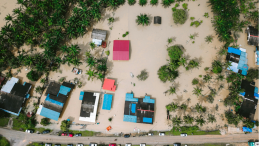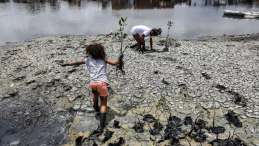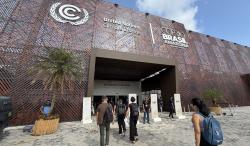The purpose of the project is to implement a comprehensive climate risk analysis that allows for cost-effectiveness analysis of the adaptation measures and accompanying activities implemented under the WFP resilience programme in Niger.As an outcome, the analysis shall provide WFP Niger as well as local authorities, and communities with essential information about the humanitarian cost avoidance potential of the applied measures for risk-informed decision-making about investments in DRR and CCA. The activities will be focused on the assessment of the costs and benefits of the activities of the WFP resilience programme with a special focus on physical measures such as Zais and Half moons, reflecting national development priorities and fostering policy coherence in the area of disaster risk reduction, climate change adaptation and sustainable development.
The project will seek to identify and quantify to what extent WFP's resilience programme is able to reduce drought impact n communities and thus the need for humanitarian assistance. The work will ultimately feed into ongoing efforts to strengthen the population drought resilience and a comprehensive risk management approaches in the region. Key stakeholder engagement in the domain of DRR and CAA will also entail capacity building for local academia and governmental officials acting as focal points in this process to promote investments in DRR and CCA and facilitate local staff to replicate similar analyses.





